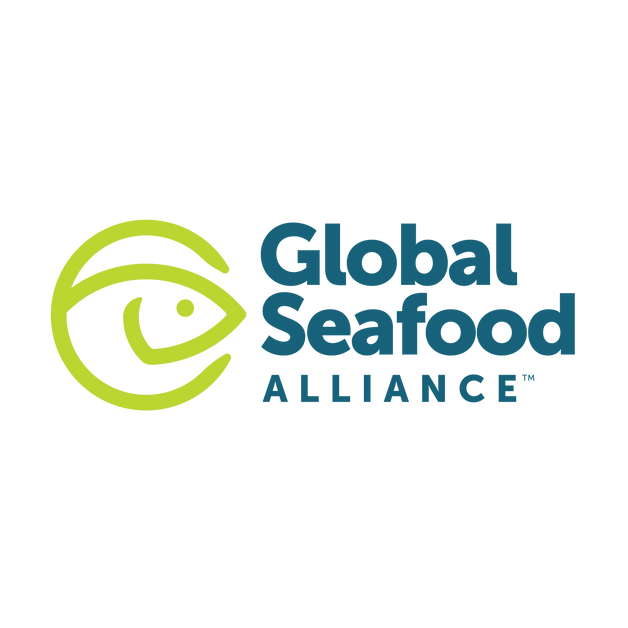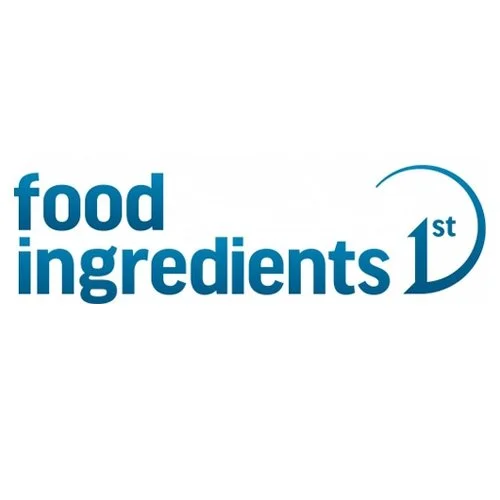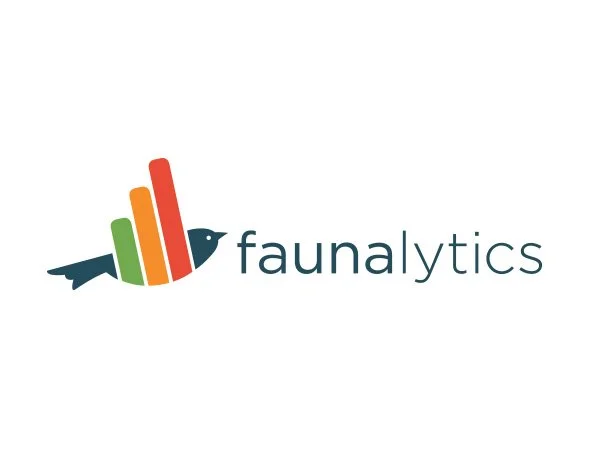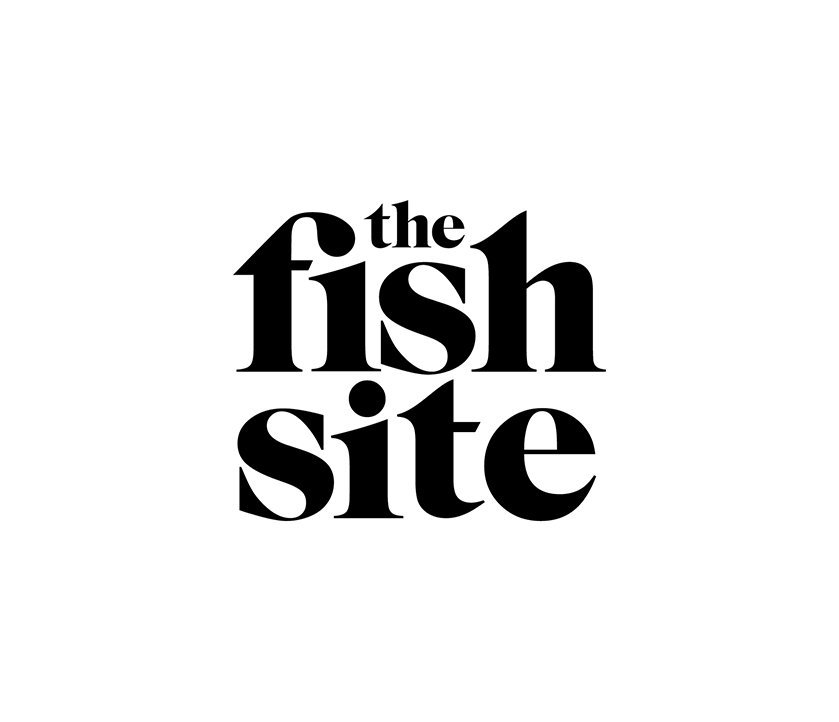
UPDATES
ALI is working across policy, certification, and scientific advocacy to prevent octopus farming before it reaches commercial scale as there are profound ethical, ecological, and sustainability concerns. By stopping this practice before it starts, we aim to protect potentially hundreds of millions of cephalopods from entering industrial farming systems.
The urgency comes from the desire to preemptively ban this practice, as octopus farming ventures are being explored in Mexico and Spain, and the evidence so far suggests potential violations of animal welfare principles, sustainable development goals, and species conservation standards, as well as the concern that their expansion could lead to irreversible negative impacts on the environment and public health.
Octopuses are truly extraordinary aquatic animals, with charismatic and curious personalities, incredibly complex anatomies and are proven to be highly intelligent. They are also sentient, solitary, and fragile animals, thus we have the moral imperative to treat them with high regard.
The environmental, welfare, and public health implications of octopus farming are manifold:
Stopping Octopus Farming Before it Starts
Octopus farming is unethical.
As an invertebrate with the most advanced brain, the octopus is the poster child for aquatic animal sentience and intelligence. The octopus has long-term memory, capable of retaining information and recognizing individual people. The octopus carries out extensive foraging trips, and uses landmarks to navigate the course. To raise them in captive breeding environments with no cognitive stimulation, and denying them freedom to carry out natural behaviors, is morally misguided. Furthermore, there are no approved humane slaughter methods for octopuses
Octopus farming will have major environmental consequences.
Octopuses are carnivores, requiring aquatic animal protein in their diets, thus farming them will further deplete fish stocks. An octopus’ food conversion ratio is approximately 3:1, so the weight of feed to sustain an octopus is around 3 times its weight. Nitrogen and phosphorus waste will be a product of the octopus farms, as will contamination from fertilizers, algaecides, herbicides, and disinfectants. The overuse of antibiotics in aquaculture has been linked to the emergence of multidrug-resistant bacteria, with potential spillover effects into human populations.
Octopus farming is dangerous for wild octopus populations.
Due to the fact that octopus wild populations have been declining due to overfishing, octopus farming is often presented as a ‘conservation effort.’ Our recent technical brief clearly illustrates that this would introduce ecological and ethical concerns that would harm both wild octopus populations and the broader environment.
Support and pursue legislative bans on octopus farming in multiple countries
Ensure farms are not permitted to begin operations
Work with retailers to ban the procurement of farmed octopus
Collaborate with certifiers on banning octopus farming as a certifiable practice
ALI’S TOP PRIORITIES
HIGHLIGHTS OF PROGRESS
87
media publications mention ALI’s call to end octopus farming
2
laws banning octopus farming passed in Washington State and California
9
legislative efforts to ban octopus farming underway in the U.S. and Chile
5
leading seafood certification schemes explicitly prohibit octopus farming through ALI’s Benchmark
Collective efforts highlight the power of teamwork in shaping impactful policy. By uniting diverse organizations and leveraging a breadth of expertise, we can effectively craft policies that preempt harmful practices against animals. Our joint initiative to ban octopus farming exemplifies this approach, demonstrating how collaborating with subject matter experts and strategic advocates like Aquatic Life Institute and its vast network can lead to significant advancements in policy-making.
- Jennifer Hauge, Senior Legislative Affairs Manager, Animal Legal Defense Fund
RESOURCES
TAKE ACTION
How to take action if you are a:
MEMBER OF THE PUBLIC
Share our campaign on social media using our social media kit.
Submit your article, artwork, or other creative piece via our submission form, for a chance to be featured on our website!
POLICY LEADER
Introduce legislation in your jurisdiction against the farming of octopuses.
CORPORATION OR CERTIFIER
Put in place a clear procurement policy banning the purchase of farmed octopus.
NEWS HIGHLIGHTS
Officials enact game-changing ban on 'inhumane' seafood industry practices: 'Has brought serious harm'
Do you like octopus? Civil society organizations are promoting a campaign to protect the Mayan octopus
Octopus farming is a dangerous detour for marine conservation
US senators reintroduce bipartisan legislation to ban commercial octopus farming
California bans octopus farming and sales, citing animal welfare concerns
A Trailblazing Ban On Octopus Farming Becomes Law In Washington State
Outlawing octopus farms: Could US bans influence EU and incentivize alt-protein innovation?
The Negative Consequences Of Octopus Farming
Cephalopod Farms Could Be Very Harmful, But We Can Still Stop Them
Nueva Pescanova's proposal for world's first octopus farm criticized by environmental groups
NZ government urged to pull octopus farm funding
IFLScience The Big Questions: Are Octopuses Sentient?
